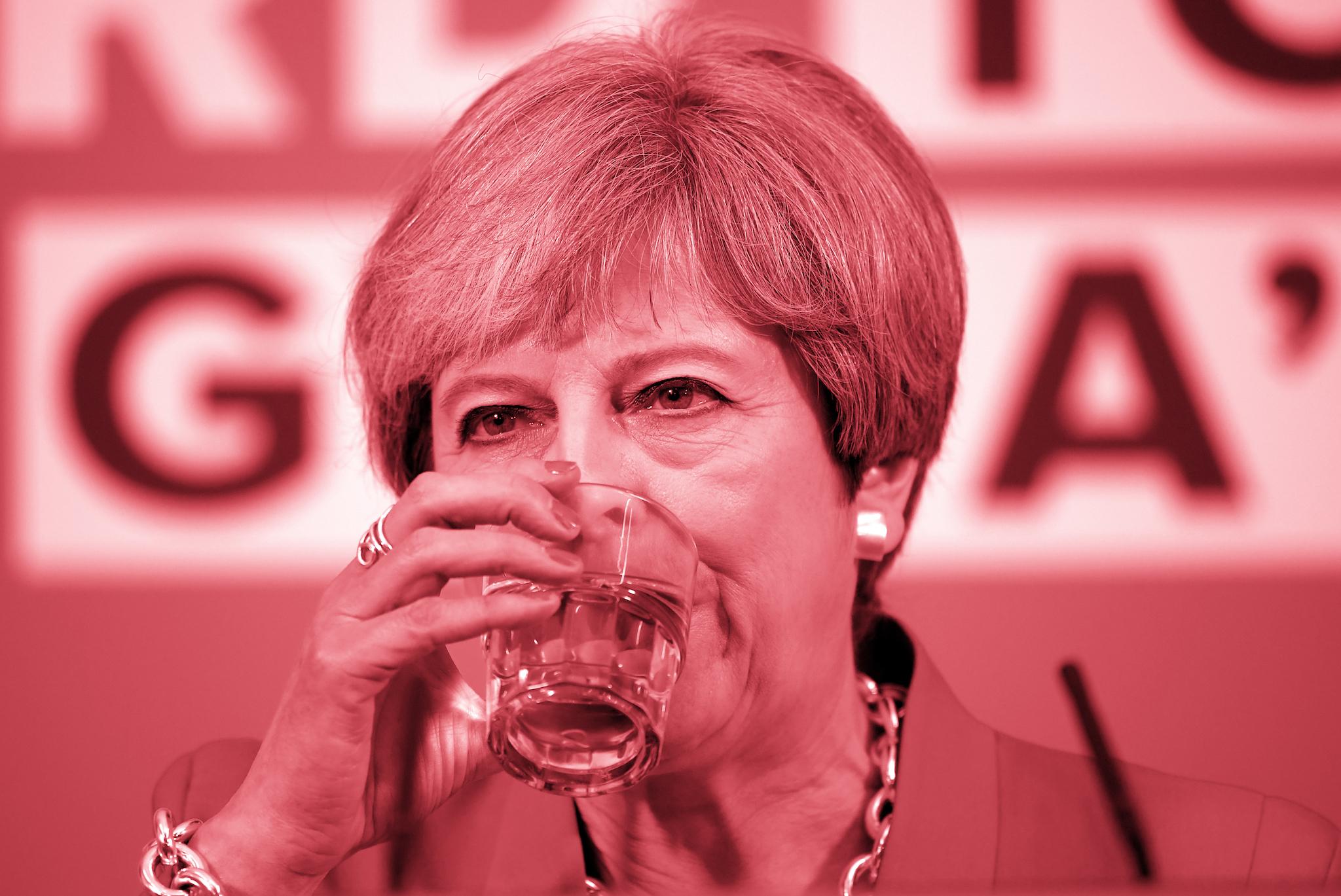'Dementia tax': Did Theresa May really just U-turn on her most controversial policy?

Theresa May has just launched a huge U-turn on her most controversial policy, according to many commentators. But "nothing has changed", the Prime Minister has insisted repeatedly.
Ms May has announced that she will introduce a cap on the "dementia tax", a fundamental change to the way that the controversial policy works.
The social care policy was intended to force elderly people to pay for their own care, with whatever assets they had. The only limit was a minimum – meaning that people would keep paying until they had £100,000 left.
The cap now acts as a maximum. It will set a top number that people can pay, too – so if it were hypothetically £500,000, anyone having paid that number would then have their care needs taken over by the state again.
But Theresa May hasn't said what that cap will be, and only that it will be part of a consultation.
What did the manifesto say before?
The manifesto only made mention of a lower limit of £100,000. That would be taken from everything people own – their savings and property.
Under the plans, people would have to pay for their own care until they'd reached that limit, and had £100,000 left. There were some restrictions that would allow people to hold onto their home while they or their partner lived in it and then have the value deducted from their estate after they die.
In the manifesto, the Tories didn't mention a cap. But in briefings and press releases the party explicitly rejected it, arguing that the system was "fairer and more equitable" than such a system, which was proposed in the Dilnot report that the new plans are based on.
Senior Conservatives continued to stick to that line after the launch of the manifesto. Last week, when interviewed by Nick Robinson, Jeremy Hunt explicitly rejected the idea of a cap.
"Not only are we dropping [a cap] but we are dropping it ahead of a general election and we're being completely explicit in our manifesto that we're dropping it," the health secretary said. "We're dropping it because we've looked again at this proposal and we don't think it's fair."
The plans were roundly criticised because they were seen as a "dementia tax", taking money from people who needed care in their old age. Tim Farron suggested the policy could even bring down Theresa May.
What do the Tories say now?
Now Theresa May says she will include a cap as part of consultations on the new policy, in the wake of backlash and a weakening lead over the Labour party.
"We will come forward with a consultation paper ... and that consultation will include an absolute limit on the amount people have to pay for their care costs," she said at the launch of her party's election policy document in Wales.
"We will make sure nobody has to sell their family home to pay for care. We will make sure there's an absolute limit on what people need to pay. And you will never have to go below 100,000 pounds of your savings, so you will always have something to pass on to your family."
That represents a U-turn because the idea was previously that paying for care would be done in a way that would allow poor people to pay less than rich ones. Now rich people will presumably come up against the cap – paying enough and then having to pay no more.
But the central part of the policy is still entirely unclear: Theresa May has repeatedly refused to even suggest what the cap might be.
So is it really a U-turn?
In short, the size of the U-turn is entirely in proportion to how big the cap is. If the maximum that anyone will pay is only a few thousand more than the minimum, then the cap will limit the effects of the policy hugely; if it's a lot more, then it will benefit only the rich and not change the policy substantially.
The change is enough to justify headlines accusing Theresa May of making a U-turn just weeks before the election and just days after the manifesto was announced. But it might not be enough to silence the critics, who will focus on the fact that the amount of the cap remains a mystery and that the principles of the policy remain much the same.
Subscribe to Independent Premium to bookmark this article
Want to bookmark your favourite articles and stories to read or reference later? Start your Independent Premium subscription today.

Join our commenting forum
Join thought-provoking conversations, follow other Independent readers and see their replies